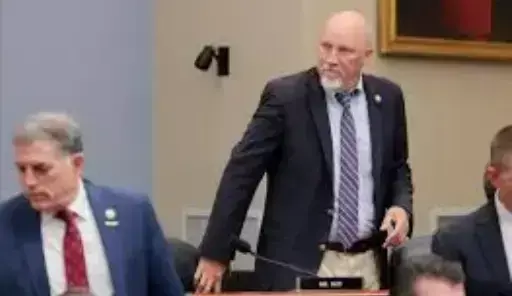Republican Revolt Highlights Deep Party Rifts Over Government Spending and National Debt

A growing Republican revolt highlights deep divisions over government spending and debt, with fiscal conservatives pushing for cuts and restraint.
A growing rebellion among Republican lawmakers is laying bare long-standing internal divisions over federal spending and the national debt, reigniting debates that have shaped the party's identity for decades.
In recent weeks, a faction of fiscal conservatives has openly pushed back against party leadership, voicing strong opposition to budget deals and spending packages they say betray the GOP's traditional commitment to limited government and fiscal restraint.
At the heart of the dispute is a clash between establishment Republicans, who argue that strategic compromises are necessary to maintain governance and economic stability, and hardline conservatives who insist the party has drifted too far from its core principles.
“Our voters sent us here to reduce the debt and shrink the size of government, not to rubber-stamp bloated budgets,” said Rep. Mark Walters (R-TX), a leading voice in the revolt. “If we don’t take a stand now, when will we?”
The internal rift became particularly visible during recent negotiations over a proposed budget resolution, where more than a dozen House Republicans broke ranks, threatening to derail the process. Several senators have also signaled their unwillingness to back increased discretionary spending without meaningful cuts elsewhere.
House Speaker [Name] has attempted to bridge the divide, appealing for unity while cautioning against political brinkmanship. “We must govern responsibly,” the Speaker said. “That means securing conservative wins while keeping the government functioning and the economy stable.”
The rebellion reflects broader tensions that have simmered within the GOP since the Tea Party era, but have taken on renewed urgency amid rising interest payments on the national debt, inflationary concerns, and looming entitlement reform challenges.
Analysts say the infighting could have far-reaching implications for both domestic policy and the 2026 midterm elections. A failure to reconcile the differences may complicate efforts to pass key legislation, raise the debt ceiling, or craft a long-term fiscal strategy.
As the debate intensifies, it remains to be seen whether the Republican Party can unify around a coherent fiscal vision — or if this latest revolt will deepen ideological fault lines heading into the next election cycle.














